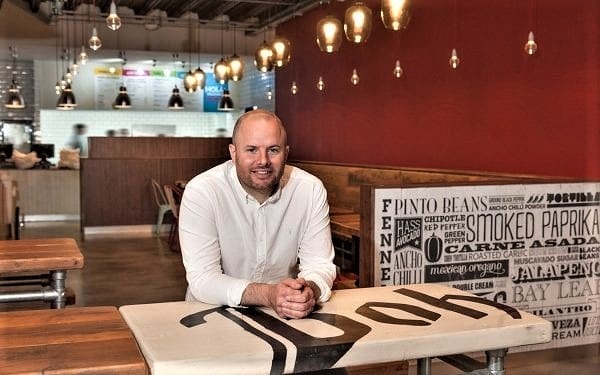Since leading a buyout of the Mexican restaurant brand Boojum in 2015, David Maxwell, the Belfast based businessman, has been implementing a faced paced expansion plan across the island of island. In recent weeks however, he has not been thinking about expanding his nationwide restaurant chain. Instead, with the industry decimated by Covid-19, he has been in survival mode – working with suppliers, staff and landlords to help navigate the company through the crisis. While he is confident about his own business, he is increasingly concerned about the wider sector, and has now become involved in the Save Our Restaurants…
Cancel at any time. Are you already a member? Log in here.
Want to read the full story?
Unlock this article – and everything else on The Currency – with an annual membership and receive a free Samsonite Upscape suitcase, retailing at €235, delivered to your door.

